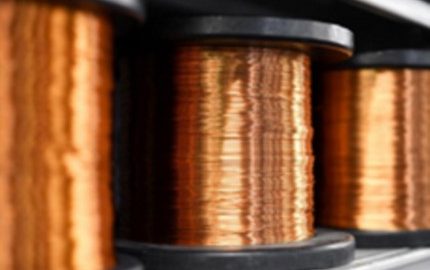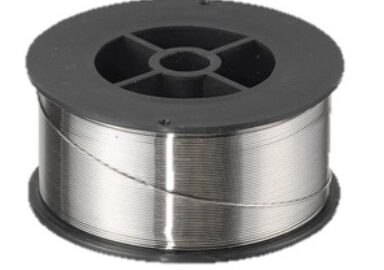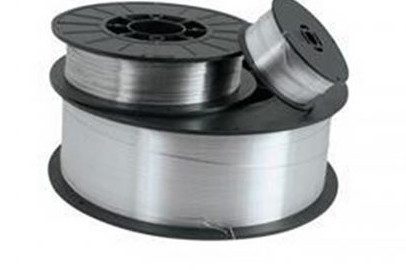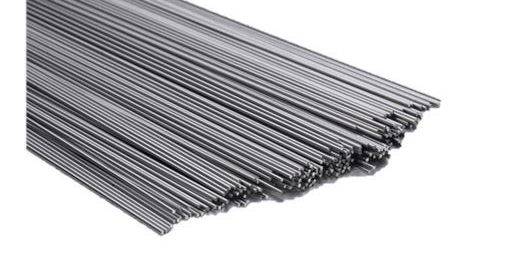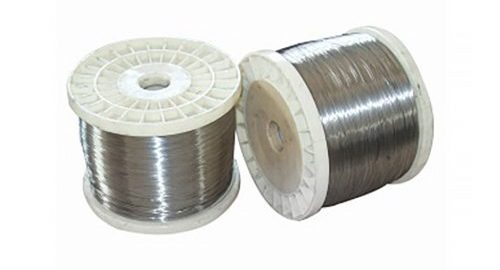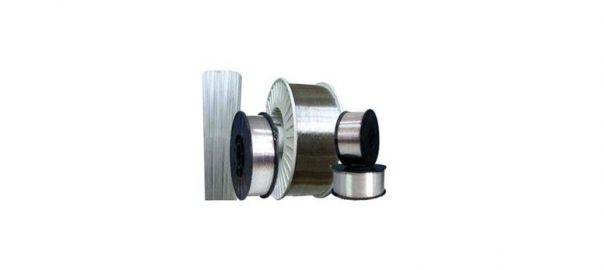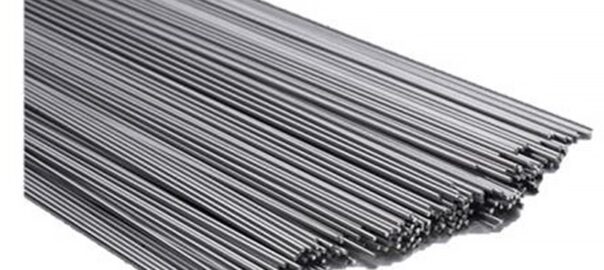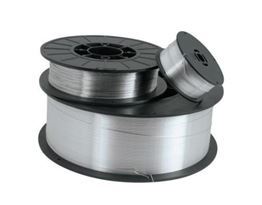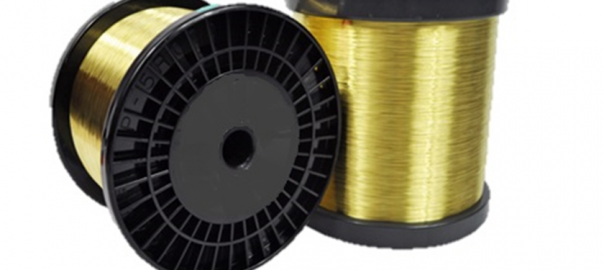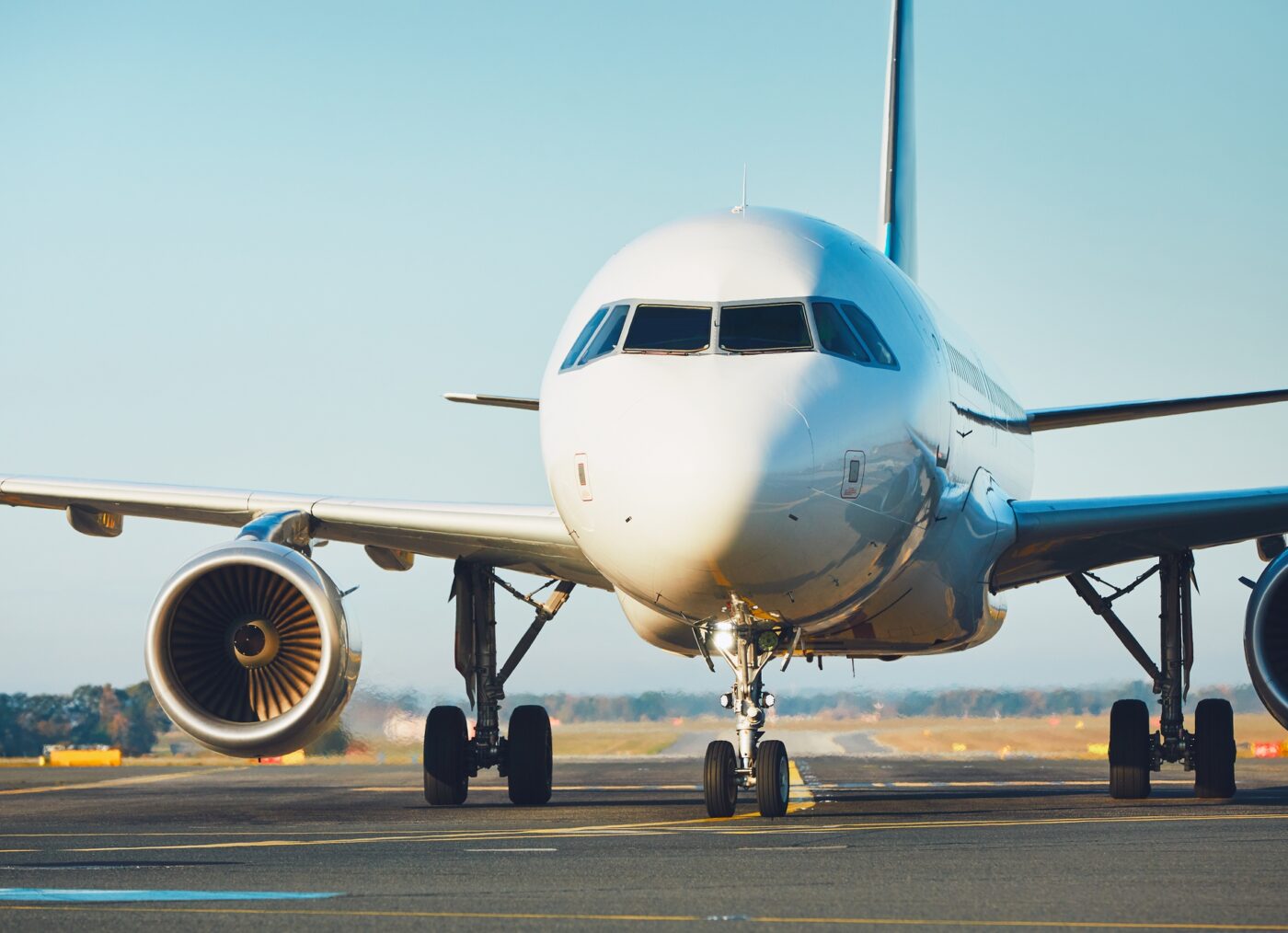
Aerospace engineering is a field where precision, reliability, and performance are paramount. Among the myriad components that contribute to the success of aerospace systems, wire alloys play a crucial role. From the construction of aircraft and spacecraft to their maintenance and operation, wire alloys are indispensable. In this blog, we will explore how wire alloys are used in aerospace engineering, highlighting their significance and the specific applications that make them vital to the industry.
The Importance of Wire Alloys in Aerospace Engineering
Aerospace engineering demands materials that can withstand extreme conditions, including high temperatures, pressure variations, and exposure to various chemicals. Wire alloys are specially designed to meet these rigorous requirements. Their unique properties, such as high tensile strength, corrosion resistance, and excellent conductivity, make them ideal for use in aerospace applications.
Applications of Wire Alloys in Aerospace
- Electrical Systems and Wiring Harnesses
One of the most critical applications of wire alloys in aerospace is in electrical systems and wiring harnesses. Aircraft and spacecraft rely on complex electrical systems for navigation, communication, control, and other essential functions. Wire alloys, such as copper and aluminum alloys, are used to ensure reliable and efficient electrical connections. These alloys offer excellent conductivity and flexibility, making them suitable for intricate wiring systems that need to perform flawlessly under various operating conditions. - Thermocouples and Temperature Sensors
In aerospace engineering, monitoring and controlling temperature is crucial for the safe and efficient operation of engines and other components. Wire alloys are used to manufacture thermocouples and temperature sensors that provide accurate temperature readings in real-time. Nickel-based alloys, such as Nichrome, are commonly used in these applications due to their stability and high-temperature resistance. - Aerospace Fasteners and Structural Components
The structural integrity of aircraft and spacecraft depends on the quality of fasteners and other structural components. Wire alloys are used to produce high-strength fasteners, rivets, and other critical parts. Titanium alloys, known for their exceptional strength-to-weight ratio and corrosion resistance, are often used in these applications. These materials help reduce the overall weight of the aircraft while maintaining structural integrity, enhancing fuel efficiency and performance. - Engine Components
- Aerospace engines operate under extreme conditions, requiring materials that can withstand high temperatures and stresses. Wire alloys, such as Inconel and Hastelloy, are used in the manufacture of engine components, including turbine blades, exhaust systems, and combustion chambers. These superalloys maintain their mechanical properties at elevated temperatures, ensuring the reliability and longevity of engine components.
- Shielding and Protective Measures
In aerospace engineering, shielding sensitive components from electromagnetic interference (EMI) and radiation is essential. Wire alloys are used to create shielding materials that protect electronic systems from EMI and radiation exposure. Copper and aluminum alloys are commonly used in shielding applications due to their excellent conductive properties and effectiveness in blocking electromagnetic waves.
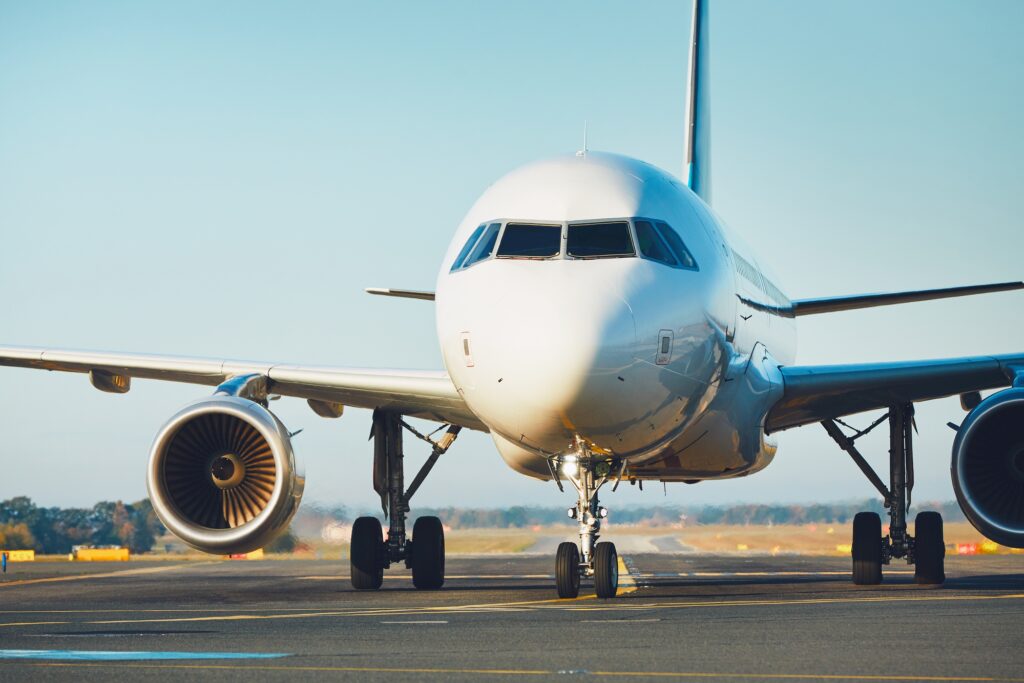
Advancements in Wire Alloy Technology
The aerospace industry is continually evolving, and so is the technology behind wire alloys. Recent advancements have led to the development of new alloys with enhanced properties, such as improved corrosion resistance, higher tensile strength, and better conductivity. These advancements are driven by the need for lighter, more efficient, and more durable materials in aerospace engineering.
For example, the development of composite wire alloys that combine the benefits of multiple metals has opened new possibilities in aerospace applications. These composites offer a unique combination of properties that single-metal alloys cannot achieve, providing aerospace engineers with more options for optimizing performance and reliability.
Wire alloys are an integral part of aerospace engineering, contributing to the performance, safety, and reliability of aircraft and spacecraft. From electrical systems to engine components, the applications of wire alloys are diverse and essential. As technology continues to advance, the role of wire alloys in aerospace engineering will only become more significant, driving innovations that push the boundaries of what is possible in the skies and beyond.
At Bob Martin Co., we are committed to providing high-quality wire alloys that meet the demanding requirements of the aerospace industry. Our extensive range of alloys is designed to deliver exceptional performance and reliability, ensuring the success of your aerospace projects.
Contact us today to learn more about our products and how we can support your engineering needs.




